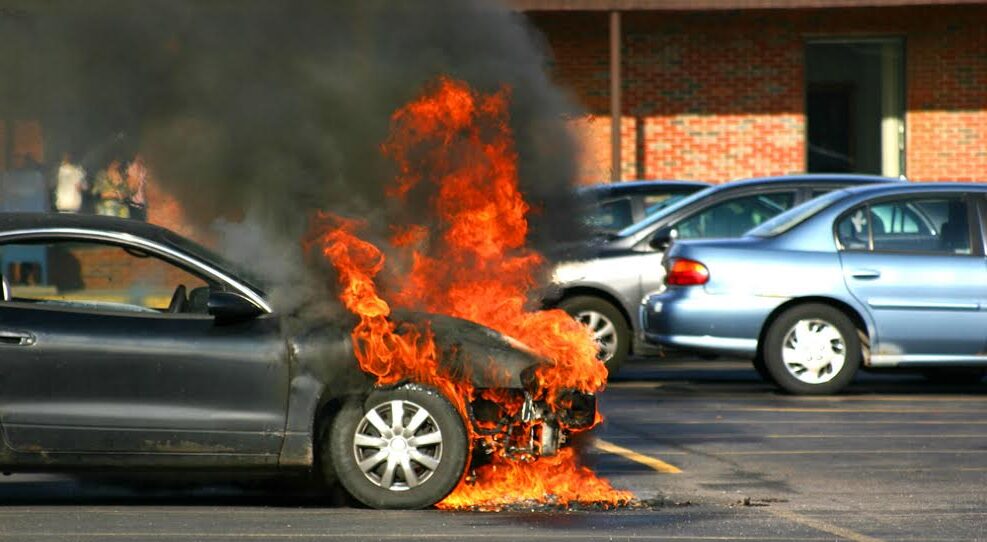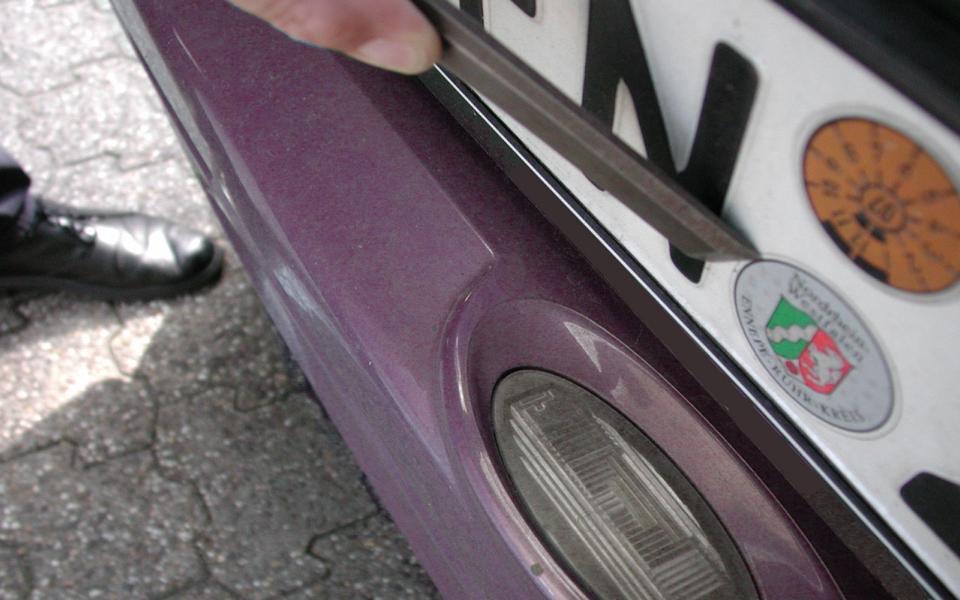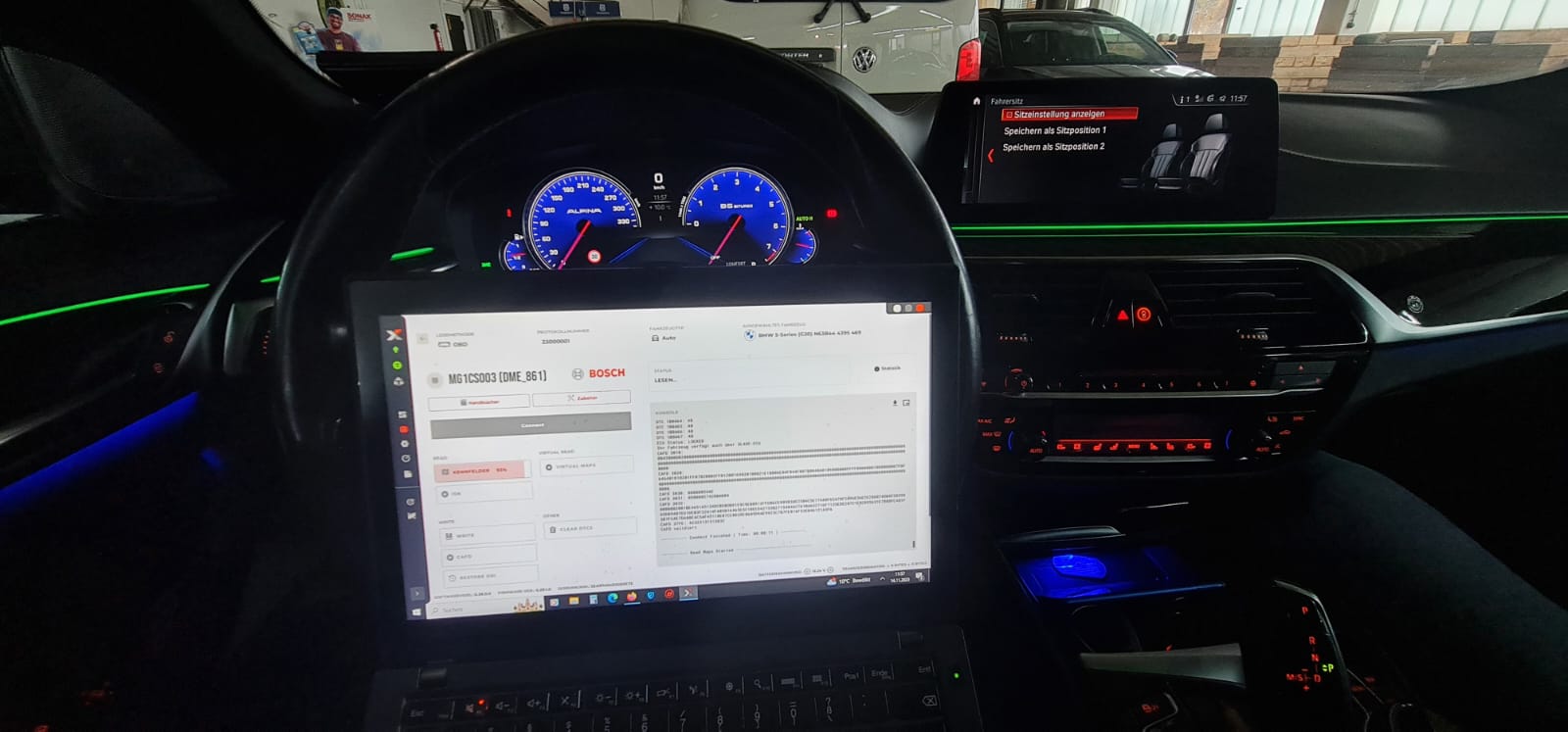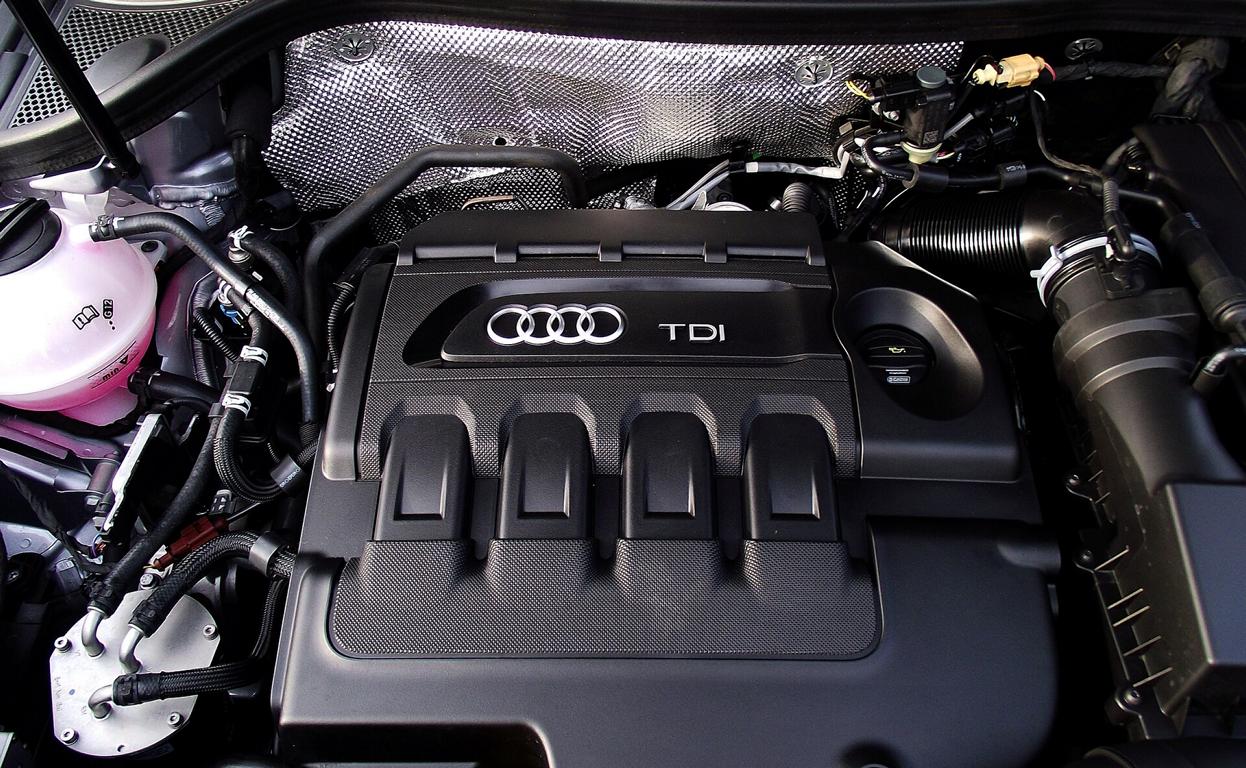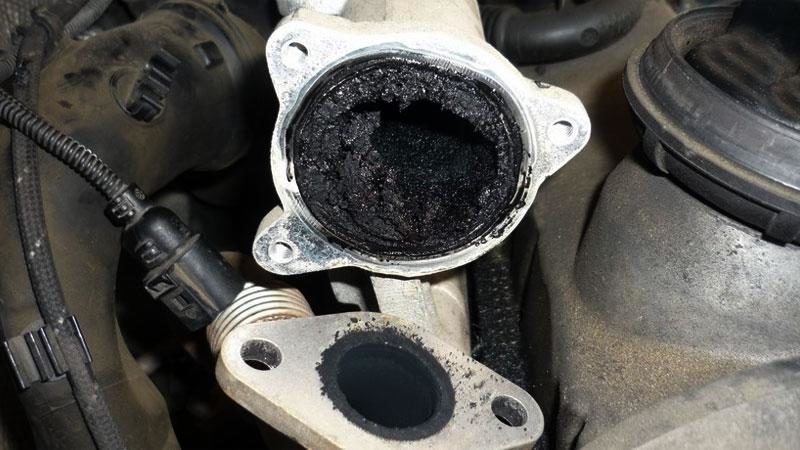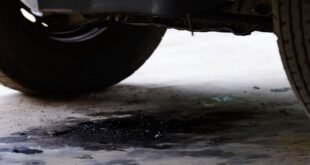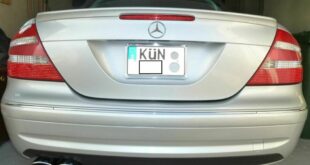In the world of vehicle manufacturers, recalls are (unfortunately) a common procedure to ensure that vehicles meet legal and technical standards even after they have been delivered. In recent years, the focus has often been on components like this Exhaust gas recirculation system (EGR)which AdBlue system or the Diesel particulate filter (DPF). The systems are crucial for compliance with emissions standards and make a significant contribution to environmental protection. But what happens if an owner has made modifications to the systems, such as deactivating the EGR, and the manufacturer recalls exactly this vehicle component?
Recalls & Tuning
The process of such a recall is complex and is often complicated by the need to compare the measures taken Federal Motor Transport Authority (KBA) to confirm, further complicated. Let's start with the basics: This EGR system directs some of the exhaust gases back into the combustion chamber to reduce nitrogen oxide emissions. One Deactivation of the system through tuning measures, for example to address an impending Coking To prevent this, or to increase engine performance or reduce consumption, leads to higher emission levels and therefore violates applicable environmental regulations. If the manufacturer initiates a recall due to a problem with the EGR system, the vehicle will be called to the workshop to resolve the problem.
There is no report to the KBA
If the workshop discovers that the EGR system is deactivated or even... expanded (locked), the vehicle owner is faced with a problem: the necessary measures as part of the recall campaign can then be taken not be carried out, because the basic requirement – a standard EGR system – is not met. In such a case, the manufacturer is unable to carry out the recall campaign properly KBA to confirm. The consequence of this can be serious: the vehicle may lose its operating license, which can ultimately lead to shutdown. For the owner, this not only means loss of mobility, but also significant financial damage.
And it is important to understand that such modifications not only affect safety and environmental impact, but can also result in legal consequences. Vehicle owners who have such Tuning measures You should therefore always be aware of the possible consequences and, if in doubt, refrain from illegally interfering with the technology. Recalls not only serve to protect consumers, but also to preserve the environment. Vehicle owners play a crucial role in the process and contribute by paying attention to recalls and the Refrain from illegal modifications contribute to a safer and cleaner future.
Chip tuning and the emissions scandal
In the course of extensive discussions on... exhaust scandal Extensive recalls have already been carried out by several manufacturers in order to bring the vehicles up to date with the latest technology. However, one open question remained: What happens to vehicles that have an increase in performance registered Have you received chip tuning? Are the costs that may arise from the update for the Restoration of tuning taken over? We at tuningblog create clarity!
Documents for the workshop visit
- Vehicle license with registered tuning: This serves as official proof of modifications made.
- Valid acceptance confirmation or invoice: The documents prove the legality and implementation of the chiptuning.
Processing of vehicles with chip tuning
- Reimbursement: The manufacturers usually reimburse the costs for a new, authorized tuning after the software update, provided the tuning was legal and registered.
- Contact by service partners: The relevant authorized workshop will contact the tuning company carrying out the work to determine the costs and plan further action.
Dealing with registered chip tuning
- Loss of tuning due to software update: Installing the new software leads to the loss of the existing chip tuning.
- Chip tuning restoration: If the chip tuning was legal and registered, the manufacturers usually cover the costs Restoration.
Important insight: The recalls and the associated Software update can be used in vehicles Chiptuning present special challenges. The willingness to cover the costs of restoring a legal and registered chip tuning is an important step taken by manufacturers to meet the needs of owners while ensuring compliance with emissions standards.
EGR or AdBlue deactivated: what now?
- Undoing modifications before recalls: If a vehicle is replaced by software or physical components such as a Closure flap on the EGR system has been modified, these modifications must generally be reversed before participating in an official recall. This ensures that the vehicle meets the specifications for which the recall was designed.
- Evidence of manipulation: Modern vehicles can detect manipulations such as deactivation of EGR systems. Manufacturers can therefore determine whether unauthorized modifications have been made to a vehicle.
- No guarantee that recalls will be carried out: If it is proven that illegal modifications have been made to a vehicle, can the manufacturer maybe be entitled to refuse to carry out the recall campaign. In such cases there is a risk that no support will be provided by the manufacturer. However, we are of the opinion that the manufacturer is legally obliged to do so, to conduct the recall to address safety or emissions-related issues, regardless of prior modifications. However, the implementation of such recalls can be made more difficult or impossible if the original configuration has been changed as a result of a conversion. In such cases, the manufacturer can actually carry out the recall ablehnen, at least until the vehicle is restored to its original condition.
- Possible closure by the KBA: If it is determined that a vehicle does not meet legal requirements and poses a threat to the environment or traffic safety, the Federal Motor Transport Authority (KBA) can order it to be shut down. This is the case when the manufacturer sends confirmation of implementation to the KBA absent.
- Restoring the tuning state: Although it may be technically possible to modify the vehicle again after the recall is completed, it should be noted that deactivating EGR, AdBlue and DPF systems violates environmental and emissions regulations and is therefore illegal.
That wasn't it yet.
Planned changes to the law, traffic violations, current regulations in the area of the STVO, etc.? You can find everything about this in the category "Test sites, laws, offenses, information".
other related posts
|
Can you still drive a car with an oil leak? The information! |
Rules for two-line license plates: Court decision for US imports! |
 tuningblog.eu Your magazine about tuning the car
tuningblog.eu Your magazine about tuning the car
